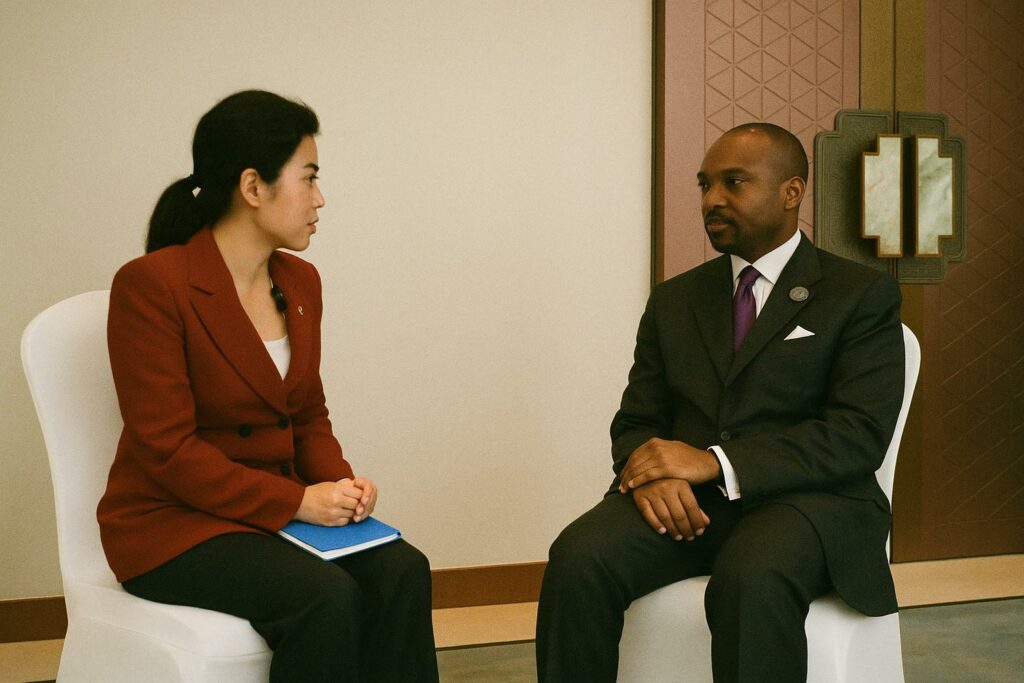U.S. Tariffs: A Catalyst for Intra-African Trade?
The recent announcement by the United States to impose tariffs as high as 50% on African imports has paradoxically been framed by some African policymakers as an opportunity. Denis Christel Sassou Nguesso, Congo’s Minister of International Cooperation, articulated this perspective during his visit to China. In an interview with CGTN, he expressed the view that these tariffs could inadvertently catalyze intra-African trade by compelling nations to focus on regional markets.
Enhancing Regional Economic Integration
Sassou Nguesso’s statements underscore a strategic reorientation towards fostering economic integration within Africa. He argues that the continent has the potential to leverage this external economic pressure by developing local value chains and reducing dependency on external markets. The alignment could strengthen not only economic ties within Africa but also enhance the continent’s global economic stature.
Challenges to Economic Stability
While this strategic pivot is promising, Sassou Nguesso cautions about the inevitable disruptions these tariffs will cause to supply chains and economic stability. He emphasizes the need for cautious analysis and planning to mitigate adverse effects. The measure arrives at a delicate time as African nations navigate various economic challenges exacerbated by global conditions.
Sino-African Cooperation: A Historical Perspective
The discussions held in Changsha further solidified Sino-African relations, highlighted by the review of progress under the Forum on China-Africa Cooperation (FOCAC). Sassou Nguesso notes that while progress on the ten pivotal actions from the Beijing summit is slower than anticipated, there is a collective ambition backed by Congo’s leadership to drive these initiatives forward.
Future Directions for African Diplomacy
Conclusively, the minister stresses that the historical and strategic relationship between Africa and China offers a framework for collaborative endeavors that extend beyond mere economic transactions. He advocates for a broader inclusion of African nations in the evaluation mechanisms to ensure more effective implementation and mutual benefit. This camaraderie could potentially present a united front in global trade discussions, enhancing Africa’s negotiating power on the world stage.

